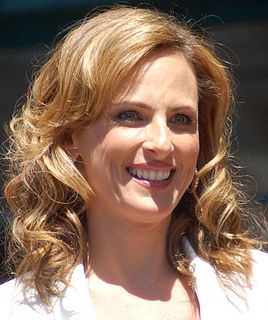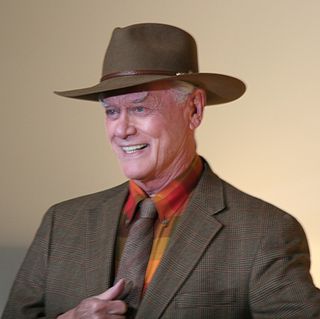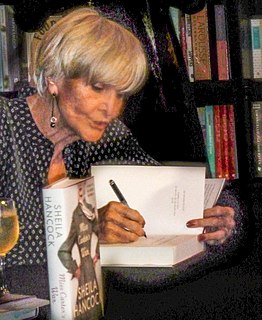A Quote by Laura Linney
People's view of cancer will change when they have their own relationship with cancer, which everyone will, at some point.
Related Quotes
The development of a strategic plan for cancer prevention in medical schools that is supported by all stakeholders - including the medical community, government, the insurance industry, cancer advocacy groups and all those dedicated to cancer prevention - will be the key to inspiring patients to live lifestyles that will decrease cancer risk.
For people who are afraid to talk about cancer, for people who are afraid to communicate with their loved ones about it, and for the people who want to pretend cancer doesn't exist, either delaying diagnosis or not getting regular checkups, the consequences can be fatal. Doing nothing about cancer will kill you.
You've got to get away from the idea cancer is a disease to be cured. It's not a disease really. The cancer cell is your own body, your own cells, just misbehaving and going a bit wrong, and you don't have to cure cancer. You don't have to get rid of all those cells. Most people have cancer cells swirling around inside them all the time and mostly they don't do any harm, so what we want to do is prevent the cancer from gaining control. We just want to keep it in check for long enough that people die of something else.


































